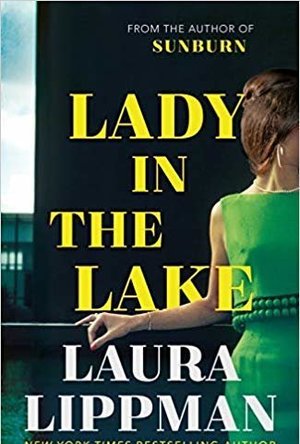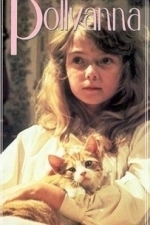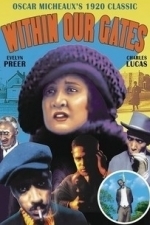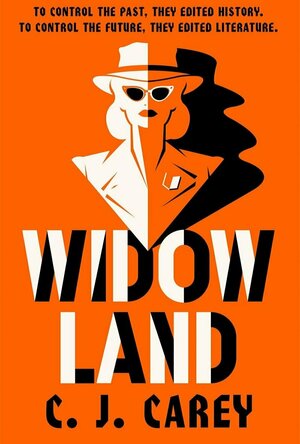ClareR (6062 KP) rated Lady In The Lake in Books
Jul 30, 2022
Addie puts herself in the path of danger in order to solve the deaths of two women: one black, one white. The police are all in in their crusade to find the murderer of the white woman, not so much the black woman. And the newspaper centres around the white woman’s story too.
This book looks at themes of racism, classism, gender discrimination and ageing. Maddie is 37 years old, attractive, yet ageing. She’s looked down on by the men for her gender, and by the women because they think her looks scored her the job. No-one seems to appreciate her capabilities, or even give her the chance to show them.
I loved the chapters from other characters points of view - people Maddie had met in her investigation - and the way that we learn a bit more about her background. I was equally interested to see that the murders were based on real life cases from the same period, and the media coverage was the same as in the story.
An absorbing mystery that I’d recommend!
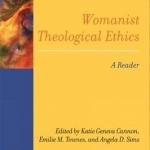
Womanist Theological Ethics: A Reader
Katie Geneva Cannon, Emilie M. Townes and Angela D. Sims
Book
Writing across theological disciplines, nine African American women scholars reflect on what it...
Cynthia Erivo recommended Pollyanna (1973) in Movies (curated)
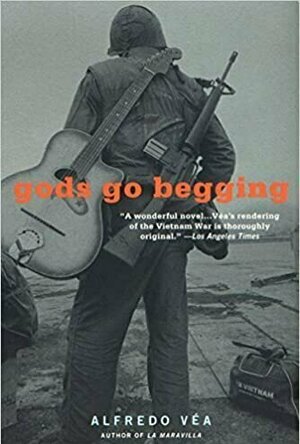
Gods Go Begging
Book
For Vietnam veteran Jesse Pasadoble, now a defense attorney living in San Francisco, the battle...

Dime Store Magic (Women of the Otherworld, #3)
Book
Leader of the American Coven, guardian to the preteen daughter of a black witch … it’s not the...
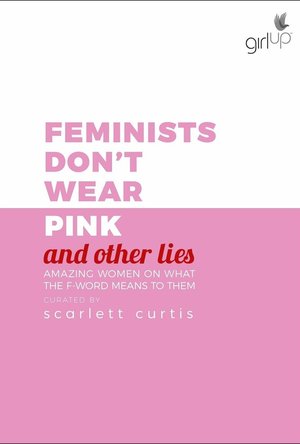
Feminists Don't Wear Pink (And Other Lies): Amazing Women on What the F-Word Means to Them
Scarlett Curtis and Bronwen Brenner
Book
An urgent and inspirational collection of essays by a diverse group of celebrities, activists, and...
Feminism Essays Nonfiction metoo
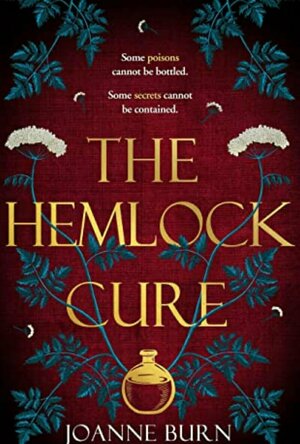
The Hemlock Cure
Book
It is 1665 and the women of Eyam keep many secrets. Isabel Frith, the village midwife, walks a...
Historical fiction The Black Death Bubonic Plague 1665-1666 Eyam
Jacqueline Stewart recommended Within Our Gates (1920) in Movies (curated)
Even though there’s a huge shortage of young men (they’ve been ‘shipped off’ to the rest of occupied Europe to ‘work’) and women greatly outnumber men, women are divided into categories, or castes. These depend on their age, heritage, reproductive status and physical characteristics, and each category is named after a significant woman in Hitlers life. Rose is a Geli, one of the elite. Young, beautiful, and most importantly, fertile.
I thoroughly enjoyed this and read it far too quickly. It had a black and white, 1950’s movie atmosphere about it, and I could easily picture the people and scenes in my head. It brought to mind The Man in the High Castle with regards to Occupation, and 1984 with regards to feeling as though you’re constantly watched - as well as the people being told how to react, think and live. This was especially evident in Rose’s job: she rewrites classics so that they’re in line with the regimes ideals: so no independent, strong females, and all the male leads are changed to Sturmbannführer (at least!).
The drudgery of everyday life made me think of how I envisaged life in the GDR - as well as only allowing state sanctioned literature, there was only one radio channel in Grand Alliance Britain, with some brave people listening to illegal foreign radio stations, knowing that this could result in extreme punishment.
When Rose goes to Widowland near Oxford (there are a few throughout the country) to find the source of a potential rebellion, she’s shocked to see older women living in abject poverty, only permitted to eat a subsistence diet and work menial jobs. But these women are intelligent, and they’re not happy in their state regulated lives. Between her reading of classic books and meeting these women, Rose begins to see what’s wrong with the world she has been living in, and this dawning realisation is so well described. We see how reading ‘subversive’ classics seems to get under her skin, and how she realises that the treatment of women is wrong in this Grand Alliance.
I could go on and on. I raced through this book, and I loved the ending, which came far too quickly!
Many thanks to Quercus for my copy of this book through NetGalley.
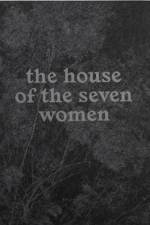
The House of Seven Women
Book
In the Beira-Alta region of Portugal, where Tito Mouraz was born and brought up, there is a house...
Photography
